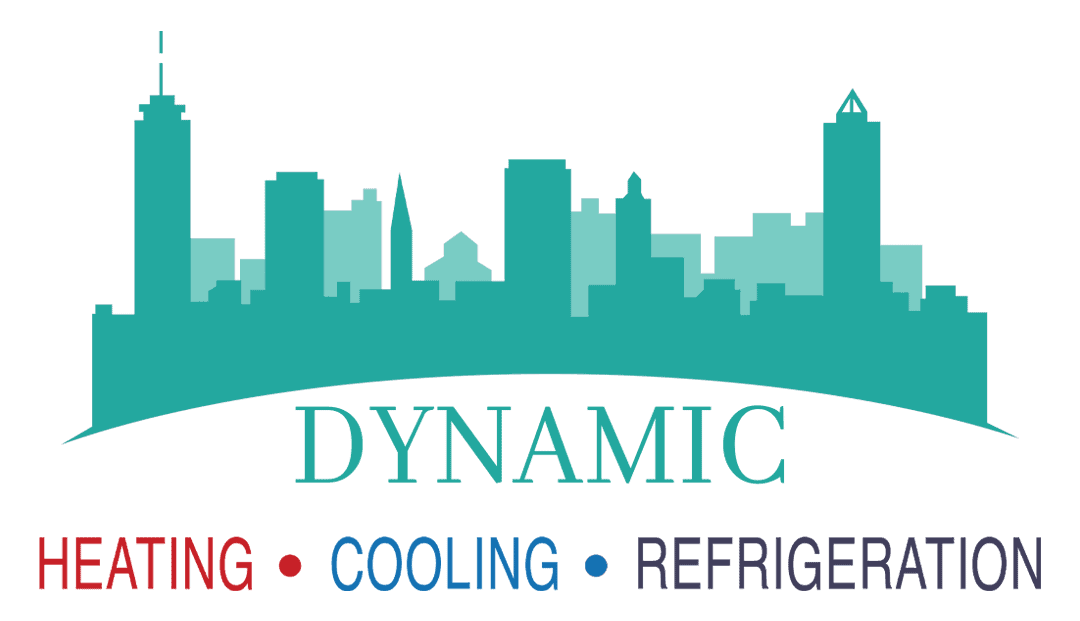Did you know that water heating accounts for about 18% of the energy consumption in an average North American home? This makes it the second-largest energy expense in your household, right after heating and cooling.
With such a significant impact on your energy bills, choosing the right type of water heater is crucial. Whether you opt for a gas water heater vs electric water heater can influence not only your comfort but also your wallet.
In this blog post, we’ll discuss both types of water heaters, their advantages and disadvantages, and help you make an informed decision for your home. When comparing electric vs gas water heaters, it’s important to consider factors such as energy efficiency, operating costs, and installation requirements.
What is a Gas Water Heater?
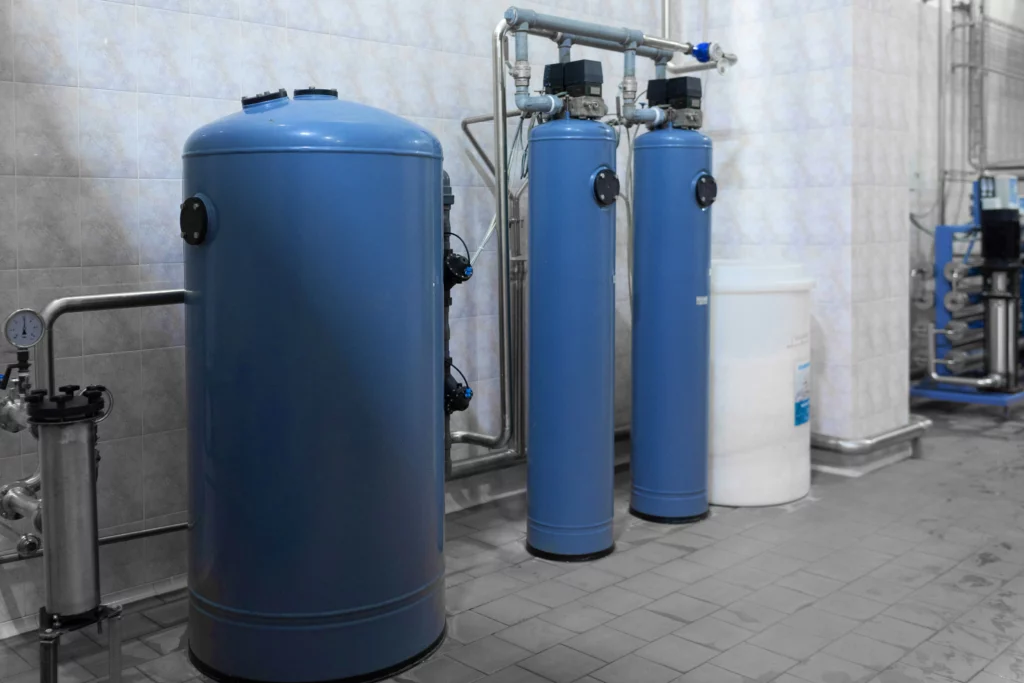
A gas water heater is a popular choice for many homeowners due to its efficiency and cost-effectiveness. It operates by utilizing natural gas or propane as a fuel source to heat water. The gas is ignited in a burner, creating a flame that heats a heat exchanger. Water passes through this exchanger and absorbs the heat, becoming hot and ready for use in your home.
3 Advantages of Gas Hot Water Heaters
- Faster Heating Times: Gas water heaters heat water more quickly than electric water heaters, ensuring a steady supply of hot water when needed.
- Lower Operating Costs: While the initial investment might be higher, the cost of natural gas or propane is typically lower than electricity, leading to lower monthly energy bills.
- Reliability during Power Outages: Unlike electric water heaters, gas water heaters can continue to operate during power outages, ensuring you have hot water even during emergencies.
3 Downsides of Gas Hot Water Heaters
- Higher Upfront Cost: The initial cost of purchasing and installing a gas water heater is usually higher than that of an electric model.
- Venting Requirements: Gas water heaters produce combustion gases that need to be safely vented outside, which can add complexity to the installation process.
- Potential for Gas Leaks: Although rare, there is a risk of gas leaks, which can be dangerous if not detected and addressed promptly.
The Role of Gas Water Heaters in HVAC Systems
Gas water heaters are an integral part of a home’s HVAC (Heating, Ventilation, and Air Conditioning) system, especially in homes that rely on gas for heating. They work in conjunction with other components of the HVAC system to maintain a comfortable indoor environment. By providing a consistent and reliable source of hot water, gas water heaters contribute to the overall comfort and convenience of your home.
Gas Water Heater Types
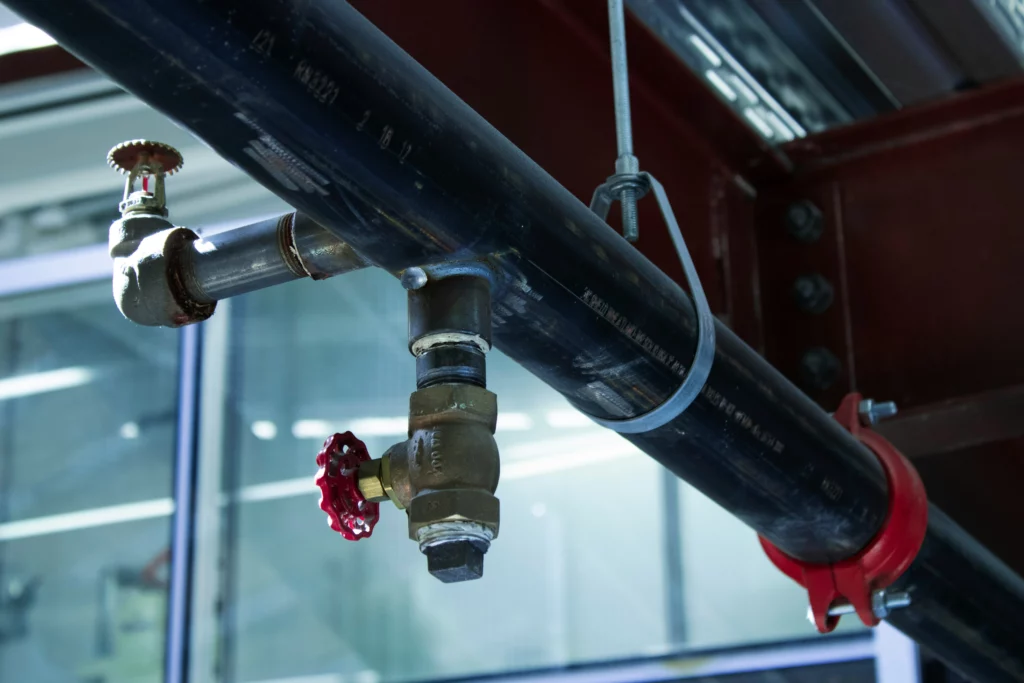
When exploring gas water heater options, homeowners typically choose between two main types: tankless gas water heater options and traditional tank gas water heaters. Each type has its own set of advantages, and the choice often depends on your household’s hot water needs, budget, and energy efficiency preferences.
Tankless Natural Gas Hot Water Heater
Tankless natural gas water heaters, also known as gas instant water heaters, are gaining popularity for their energy efficiency and space-saving design. These units heat water directly without the need for a storage tank, providing hot water on demand. This means you won’t run out of hot water during peak usage times, and you won’t waste energy heating water when it’s not needed.
Pros:
- Energy Efficiency: Tankless natural gas hot water heaters are more energy-efficient than their tank counterparts, as they only heat water when it’s needed.
- Space Saving: These units are compact and can be mounted on a wall, freeing up valuable floor space.
- Longevity: With proper maintenance, tankless gas water heaters can last up to 20 years or more.
Cons:
- Higher Initial Cost: The upfront cost of a tankless natural gas water heater is higher than a traditional tank model.
- Limited Flow Rate: While they provide a continuous supply of hot water, the flow rate might be limited, which can be a concern during simultaneous high-demand activities.
Propane Gas Tankless Water Heater
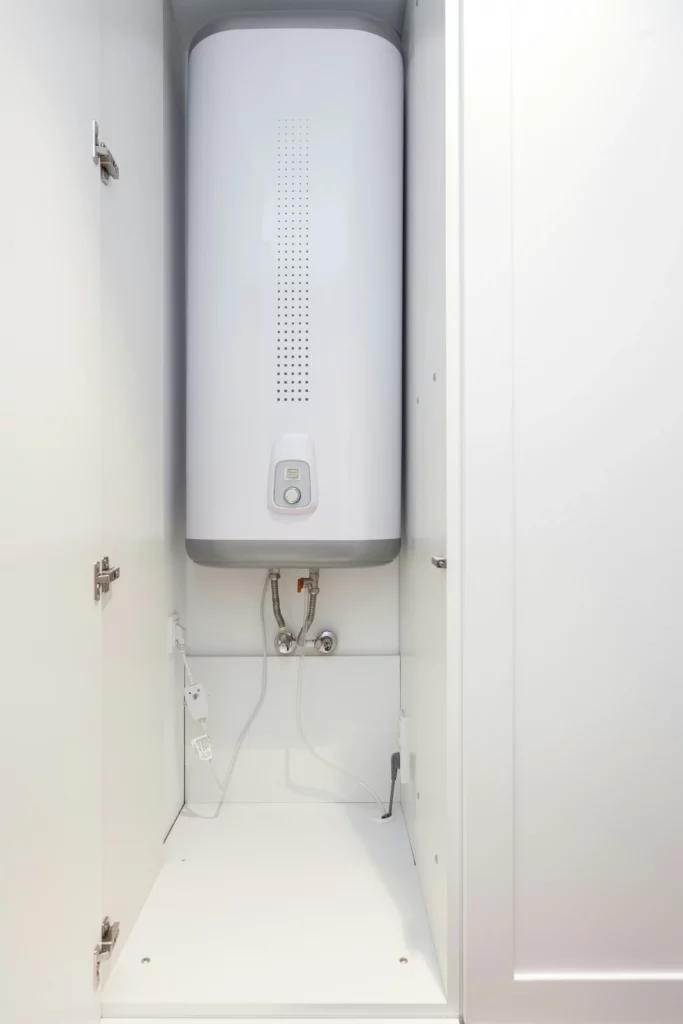
For homes without access to natural gas, propane gas tankless water heaters are an excellent alternative. They offer the same benefits as natural gas models, such as energy efficiency and on-demand hot water.
Pros:
- Versatility: Propane gas tankless water heaters can be installed in locations where natural gas is not available.
- Environmental Benefits: Propane is a clean-burning fuel, making these heaters a more environmentally friendly option.
Cons:
- Fuel Storage: You’ll need to have a propane tank installed on your property, which requires space and regular refills.
- Cost of Propane: The cost of propane can fluctuate depending on market prices, impacting operating costs.
What is an Electric Water Heater?
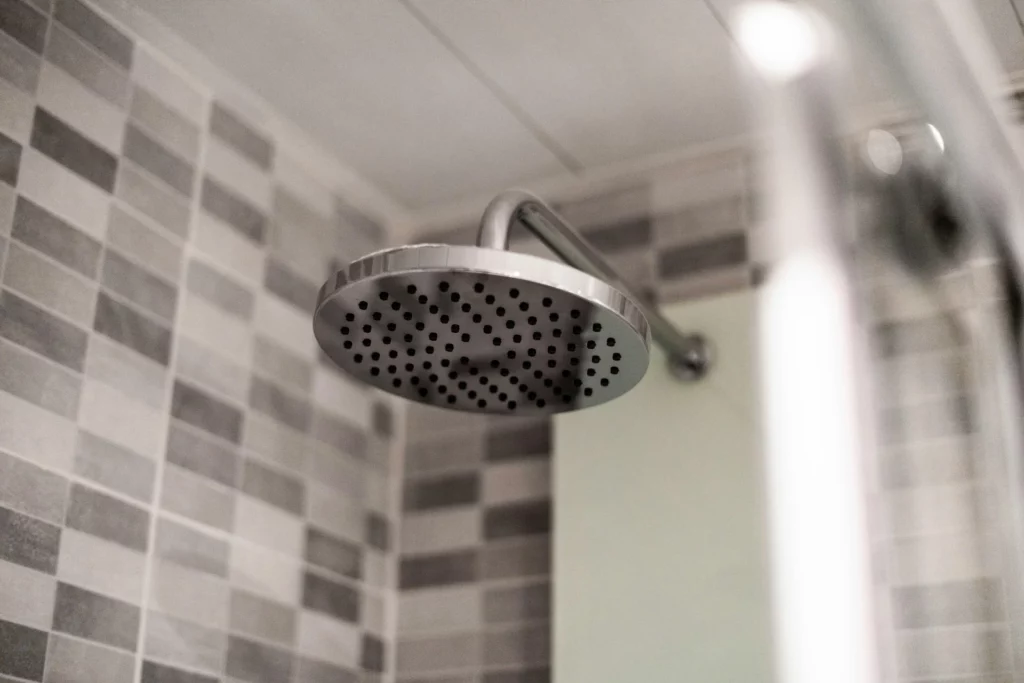
Electric water heaters are a common choice for many homeowners due to their simplicity and ease of use. They utilize electricity to heat water, which is then stored in a tank or heated on demand in the case of tankless models. Electric water heaters are available in various sizes and capacities to suit different household needs.
3 Advantages of Electric Water Heaters
- Lower Upfront Cost: Electric water heaters generally have a lower initial purchase price compared to gas water heaters.
- No Need for Venting: Unlike gas water heaters, electric models do not produce combustion gases, so venting systems are not needed
- Safety: With no risk of gas leaks, electric water heaters are considered safer than gas models.
3 Downsides of Electric Water Heaters
- Slower Heating Times: Electric water heaters typically take longer to heat water than gas water heaters.
- Higher Operating Costs: Electricity rates are usually higher than natural gas rates, leading to higher operating costs for electric water heaters.
- Dependence on Electricity: In the event of a power outage, electric water heaters will not be able to provide hot water.
In the context of HVAC systems, electric water heaters are often chosen for homes that do not have access to natural gas or for homeowners who prefer an all-electric setup. Their ease of installation and maintenance makes them a convenient option for many households.
Electric Water Heater Variants:
Electric Tank Water Heater
This traditional model stores heated water in a tank, providing a ready supply of hot water. However, due to standby heat losses, it can be less energy-efficient.
Electric Tankless Water Heater
Also known as an electric instant water heater, this model heats water on demand, providing energy savings and endless hot water, albeit with a limited flow rate.
Whichever water heating system you choose, it can be beneficial to consider further water usage improvements add-ons such as a water purifier or an iron filter.
FAQs on Electric and Gas Water Heater Options
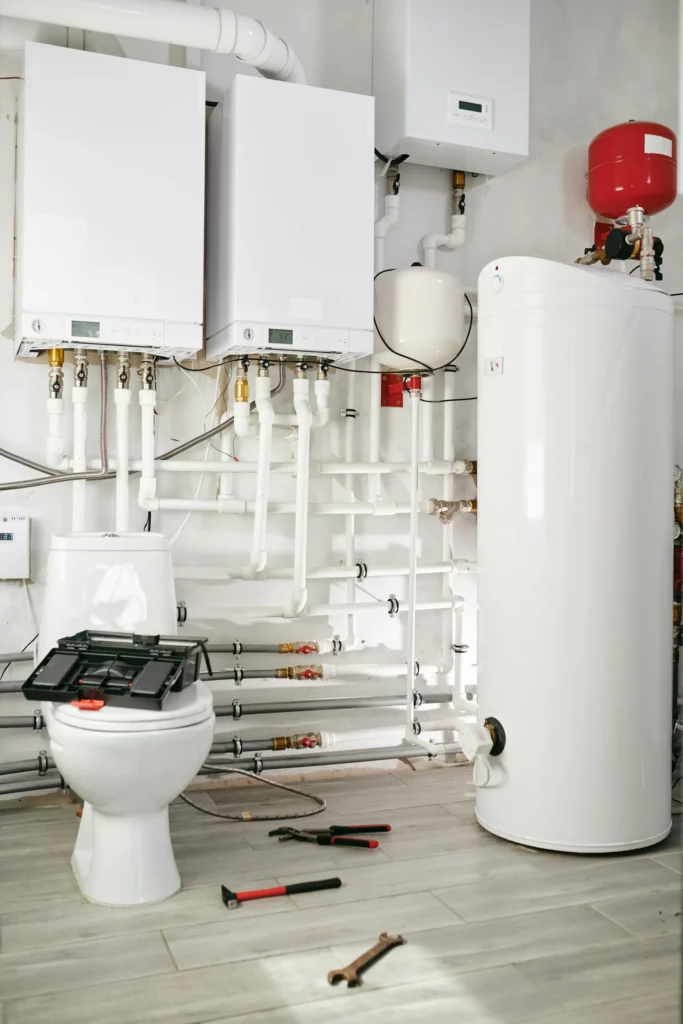
1. What is the average gas water heater price in Canada?
The price of a gas water heater in Canada can vary depending on factors such as size, brand, and features. On average, a 40 gallon gas water heater might cost between $800 and $1,200, while a 50 gallon gas water heater could range from $1,000 to $1,500. High-efficiency models and tankless gas water heaters can be more expensive, with prices ranging from $2,000 to $5,000 or more.
2. Can a gas water heater be converted to an electric water heater?
While it is technically possible to convert a gas water heater to an electric one, it is generally not recommended. The conversion process can be complex and costly, involving significant changes to the water heater’s components and electrical wiring. Additionally, it may not be cost-effective in the long run, as electric water heaters typically have higher operating costs compared to gas models.
3. What is the lifespan of a gas vs electric water heater?
Both gas and electric water heaters have similar lifespans, typically ranging from 8 to 12 years. However, tankless models, whether gas or electric, can last up to 20 years or more with proper maintenance.
The lifespan of a water heater can also be influenced by factors such as usage, water quality, and maintenance practices. Regular maintenance, such as flushing the tank and checking the anode rod, can help extend the life of both gas and electric water heaters.
Making the Right Choice
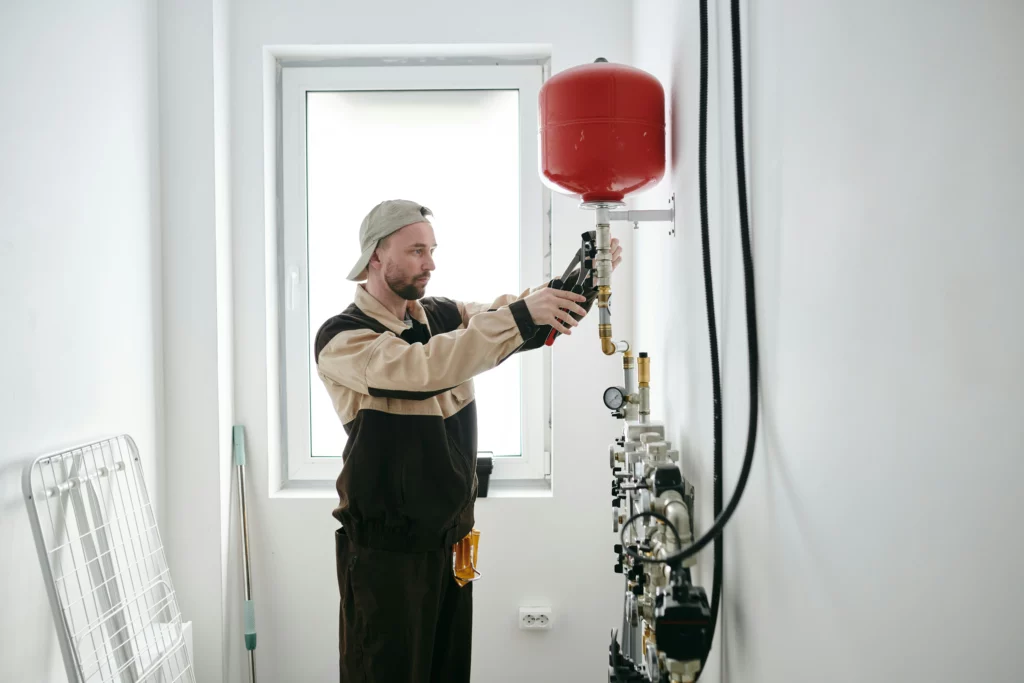
Choosing between a gas water heater and an electric water heater is a decision that should be based on your specific needs, budget, and the availability of natural gas in your area. Both types have their advantages and disadvantages, so it’s important to weigh your options carefully.
If you need help deciding or require installation and maintenance services, contact us at Dynamic Heating and Cooling today. Our team of licensed technicians is here to provide fast, reliable, and competitive HVAC services, ensuring your comfort all year round.
